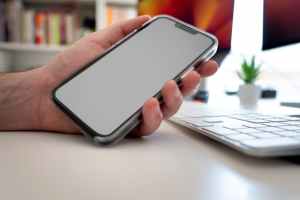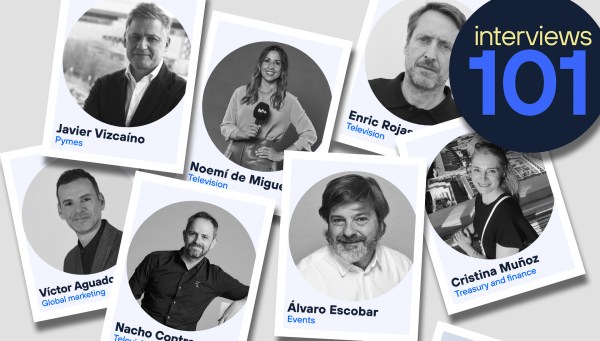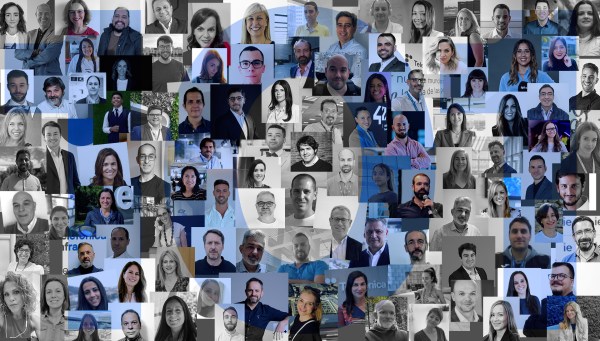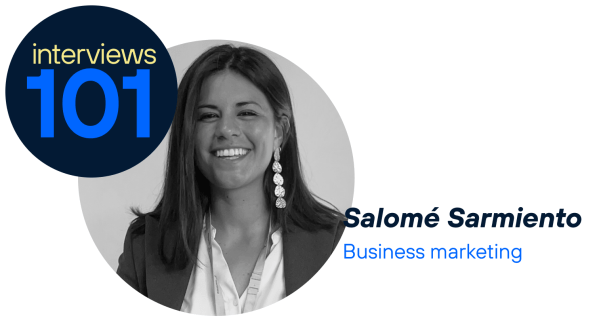Tell us a little about yourself. What does your job at Telefónica involve?
For those who want to know a little more about me, I would say that my relationship with technology was not initially vocational, but rather by chance, although I had always liked to be constantly learning and researching new ways of doing things.
I have a degree in Economics and have spent almost my entire professional career with the Telefónica group, joining the company in 2001. From the second year of my degree, I combined my studies with work, and although I decided to finish my degree, I chose to stay in the world of technology and continue learning.
I am currently Head of Operations in the Future Workplace area at Telefónica Tech.
My job is to lead the teams that support collaborative environments in large companies through M365 services, AI in the workplace, mobile device management (MDM), and virtual desktops (VDI), with a team of 33 professionals in Spain and eight in Colombia.
What will the jobs of the future be like?
Very different from what we know now. The change will come gradually, because different AI tools will be introduced little by little, allowing us to become increasingly productive, but this will also require us to be in a continuous learning process in order to adapt and transform our capabilities.
What role will AI play in the digital transformation?
A very important role, without a doubt. Companies that are quick to adopt the new workplace model will drive process optimization and automation and make better use of resources. This will, in turn, allow employees to focus on tasks that add more value to the business, delegating more mechanical or repetitive work.
It will also enable us to respond more quickly to needs, something that is a major disadvantage in today’s business environment.
What about technologies such as AI?
AI is going to be fully integrated into the workplace. This type of technology is going to revolutionize all sectors. It is already having an impact in medicine, research, and other areas, and the workplace will be one of the areas that can reap the benefits. Of course, we must be prepared, adapt to change, and be committed to continuous learning.
New features, models, and new ways of doing things are constantly emerging. We must get on board before the train leaves and we are left behind.
On the other hand, what can creativity bring to everyday work?
At first, I was one of those people who thought that if we used AI as an aid, there would come a time when our creative capacity would be diminished, but now I am increasingly convinced of the opposite.
Using these new technologies often unlocks that creative capacity. As human beings, we depend on our emotions and sometimes we can find ourselves in a creative block where ideas don’t come. These new technologies can help us generate new ideas or solutions; in other words, they can be a source of inspiration.
How can technology help us optimize our time and be more productive?
We currently spend a lot of time on tasks that do not add value, but that we have to do. We also tend to waste time thinking about whether to leave these tasks until the end of the working day or for another time when we have more time.
With technology and new models, these tasks could be automated, allowing us to focus on what we really add value to and what technology cannot do for us. These are tasks that require creativity, adaptation and, ultimately, everything that requires skills that only people have.
Which people working at Telefónica would you nominate for this interview because you consider them to be excellent at their job?
I would nominate Laura Aguirre Peña, who leads the Technology team at Telefónica Tech. I always learn something from every conversation I have with her. She has an analytical vision that always allows you to see things from different perspectives.







